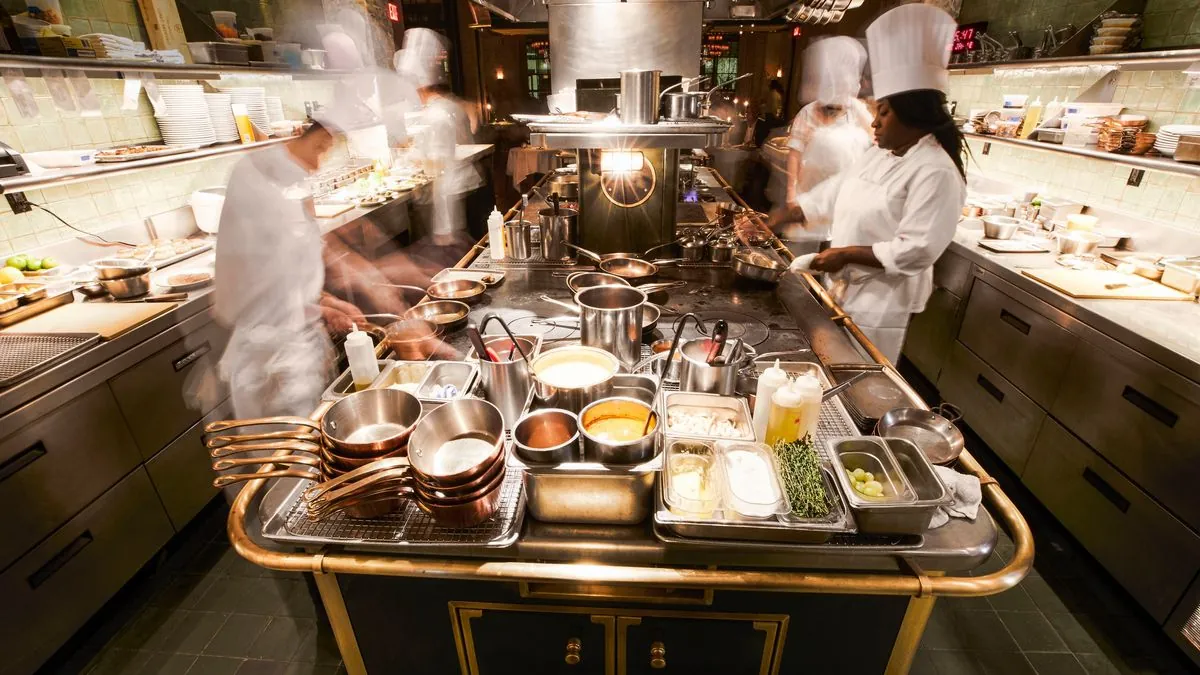Restaurants Face Financial Squeeze: Chefs Seek New Paths Amid Rising Costs
Restaurants grapple with soaring expenses and thin profits, forcing closures and innovative strategies. Chefs explore alternative careers as traditional restaurant ownership becomes increasingly challenging in the current economic climate.

The restaurant industry is currently navigating through turbulent waters, facing challenges reminiscent of the 2007/8 financial crisis and the recent pandemic. Jason Atherton, a renowned chef, recently stated, "It's almost impossible to make money as a chef now." This sentiment echoes throughout the sector, as establishments grapple with escalating costs and diminishing profits.
In 2023, the industry witnessed an unprecedented rate of closures, with nearly 2,000 restaurants shutting down – equivalent to more than five closures daily. This trend has shown little sign of abating in 2024, highlighting the precarious nature of the business.
Dara Klein, who operates Tiella at The Compton Arms in Islington, describes her profit margins as "paper thin." The rising costs of food, wine, utilities, rent, and labor have created a perfect storm for restaurateurs. Klein admits, "Having a restaurant in 2024 is a really precarious business."

The Office for National Statistics reported an 8.2% increase in restaurant food prices in the year leading to January 2024. This surge in costs has put both businesses and customers under pressure. Aktar Islam, owner of the Michelin-starred Opheem in Birmingham, notes that while expenses have skyrocketed, "there's only so much you can pass on to customers."
"Restaurants are having to work harder to get diners back into the West End on Fridays. Gone are the days where a good chef can just open the doors and expect people to come in."
To survive in this challenging environment, many restaurateurs are diversifying their offerings. Islam launched Aktar at Home, a meal kit business, while others have ventured into selling branded products or expanding into different sectors of the hospitality industry.
Social media has become a crucial tool for visibility and success. Chefs like Matthew Ryle and Thomas Straker have leveraged their online presence to boost their restaurants' popularity. However, Jane Pendlebury, CEO of the Hospitality Professionals Association, cautions that only a small percentage of chefs earn significant income through social media and public appearances.
Some chefs are opting out of traditional restaurant roles altogether. Kate Austen, despite her impressive culinary credentials, has chosen to become a private chef, citing better work-life balance and higher earnings.
While restaurant openings remain buoyant in major cities, the underlying financial realities are concerning. Klein reveals, "I know many restaurateurs on the brink of giving up." As the industry continues to evolve, chefs and restaurateurs must adapt to survive in this new landscape.


































